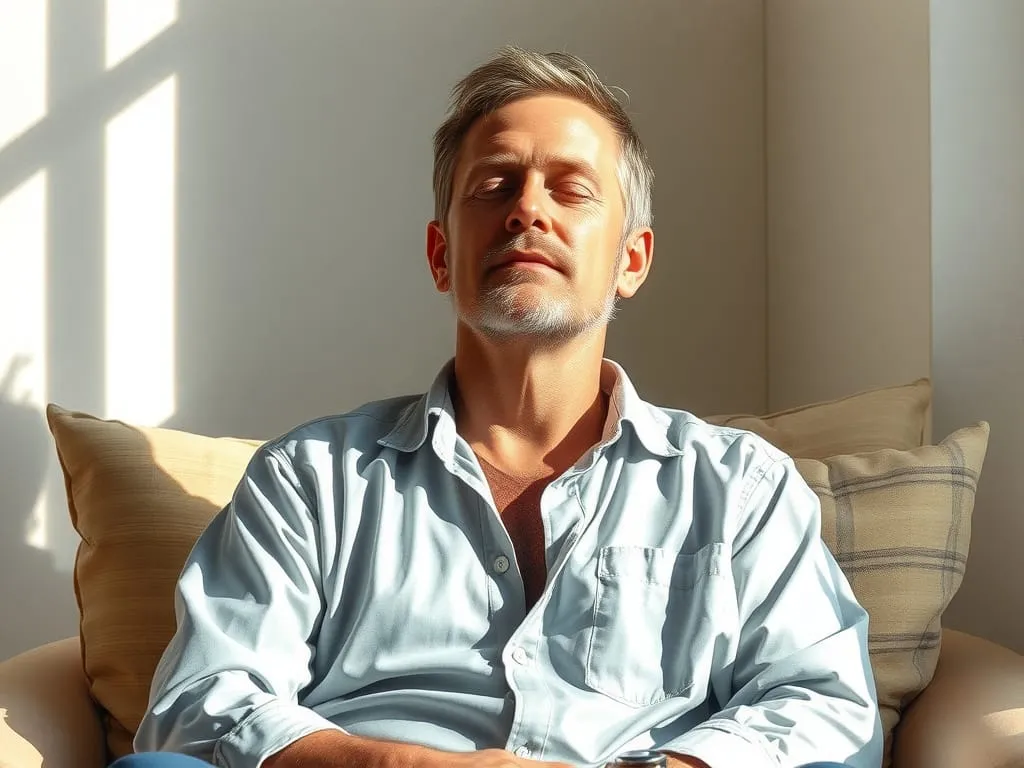
Disclaimer, the following material is machine generated!
Magdi appears to be reserved about the concept of “healing” when it implies a personal entity needing to be fixed or a future state to be achieved. Instead, he emphasizes an understanding that transcends the need for personal healing, rooted in the recognition of one’s true nature as formless awareness.
Here’s a breakdown of Magdi’s perspective:
- Critique of “Fixing” and “Solving Problems”: Magdi suggests that the desire to “fix” images or the “movie” of life is unnecessary and troublesome. He states that we are not here to solve problems, but to awaken to our reality. The mind often complicates things by trying to get somewhere or fix problems. Solving one problem often leads to another, perpetuating a cycle. From the perspective of reality, or consciousness, there are no issues or problems.
- The Illusion of a Sufferer: Misery and suffering belong to the “person” or the “me-illusion,” which Magdi views as having no true reality. When one investigates the root cause of sorrow, an “illusory personal self” is found. Consciousness itself does not know unhappiness. Therefore, freedom from suffering is not available to a “person” because there is no reality to a person.
- Healing as Understanding/Awakening: Magdi posits that the “healer of the mind” is the understanding that one is not existing in time and space, and that time and space appear to oneself. This understanding removes the “virus of separation and limitation and fear of mortality, personal worries and concerns”. The “process of healing” can be accelerated by aligning one’s life with this understanding. When this understanding blooms, the mind gets pacified.
- Release from Contractions and Attachments: Magdi encourages the “release” of contractions within the body-mind, which are rooted in the belief of being a mortal entity. This release is an invitation to pay attention and relax, understanding that the contraction is just a bodily sensation, not a stuck problem. He also encourages letting go of attachment to stories, narratives, and identification with temporary forms or beliefs.
- Focus on Being, Not Doing: Magdi frequently invites individuals to simply “be,” emphasizing that awareness or presence is not something one does, but what one is. This “non-doing” allows for a natural relaxation and the revelation of one’s true, formless, undisturbed nature. The “endless activity of resisting and seeking” is seen as a burden.
- Sufficiency of Presence: Magdi stresses that “being is and is sufficient unto itself” and that “Presence is reality”. Happiness is described as our true nature, meaning “nothing lacking”. The pursuit of happiness through external means or by solving problems for a “me” entity is seen as an illusion.
In essence, Magdi’s approach bypasses the idea of a personal “healing” process for an individual self, emphasizing instead the awakening to the inherently whole and undisturbed nature of universal awareness that one already is. This understanding, he suggests, naturally dissolves the perceived need for personal struggle or “fixing”. He views the journey as one of unveiling and remembering who we truly are, rather than becoming something new or curing a personal ailment.Magdi appears to be reserved about the concept of “healing” when it implies a personal entity needing to be fixed or a future state to be achieved. Instead, he emphasizes an understanding that transcends the need for personal healing, rooted in the recognition of one’s true nature as formless awareness.
Leave a Reply
You must be logged in to post a comment.